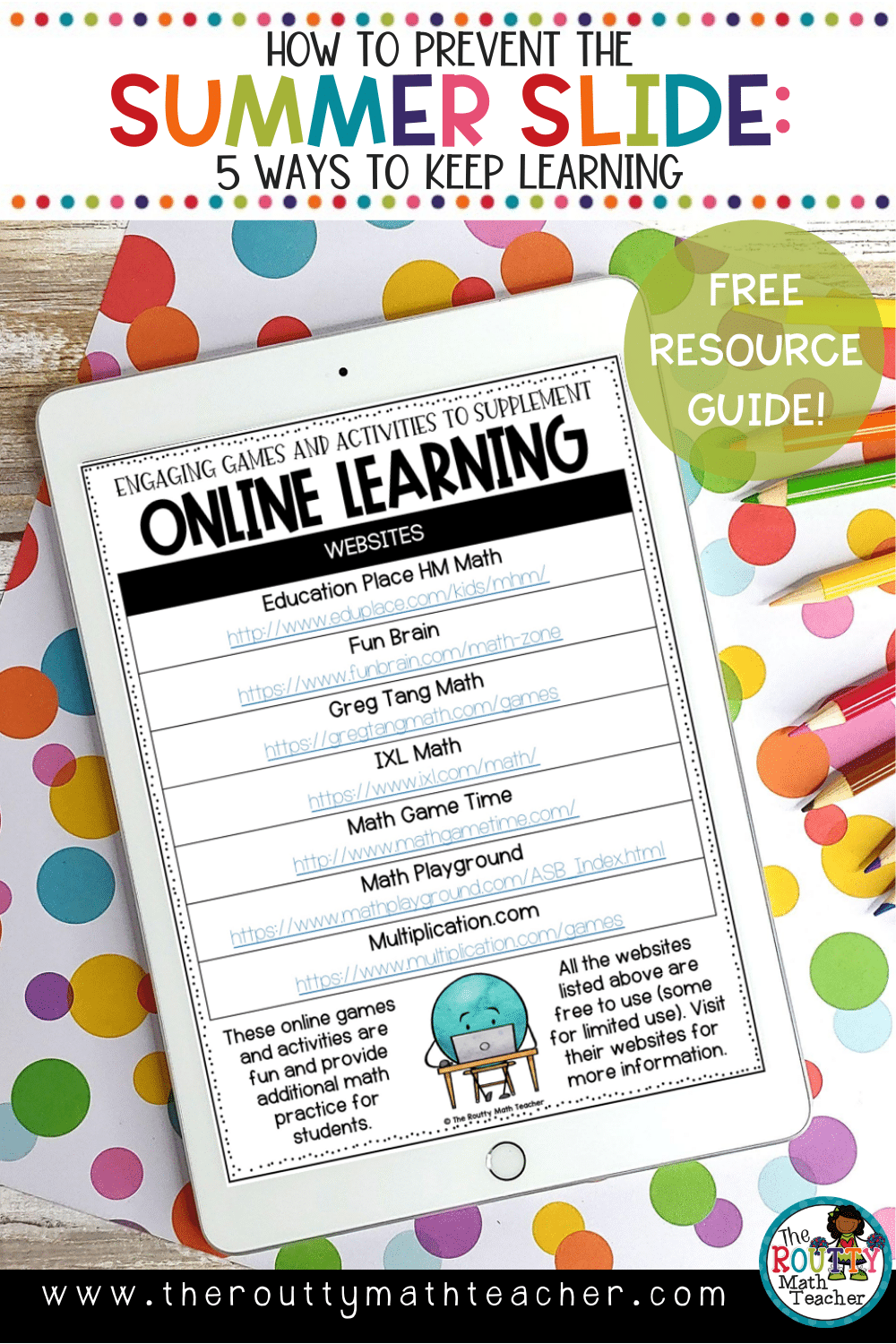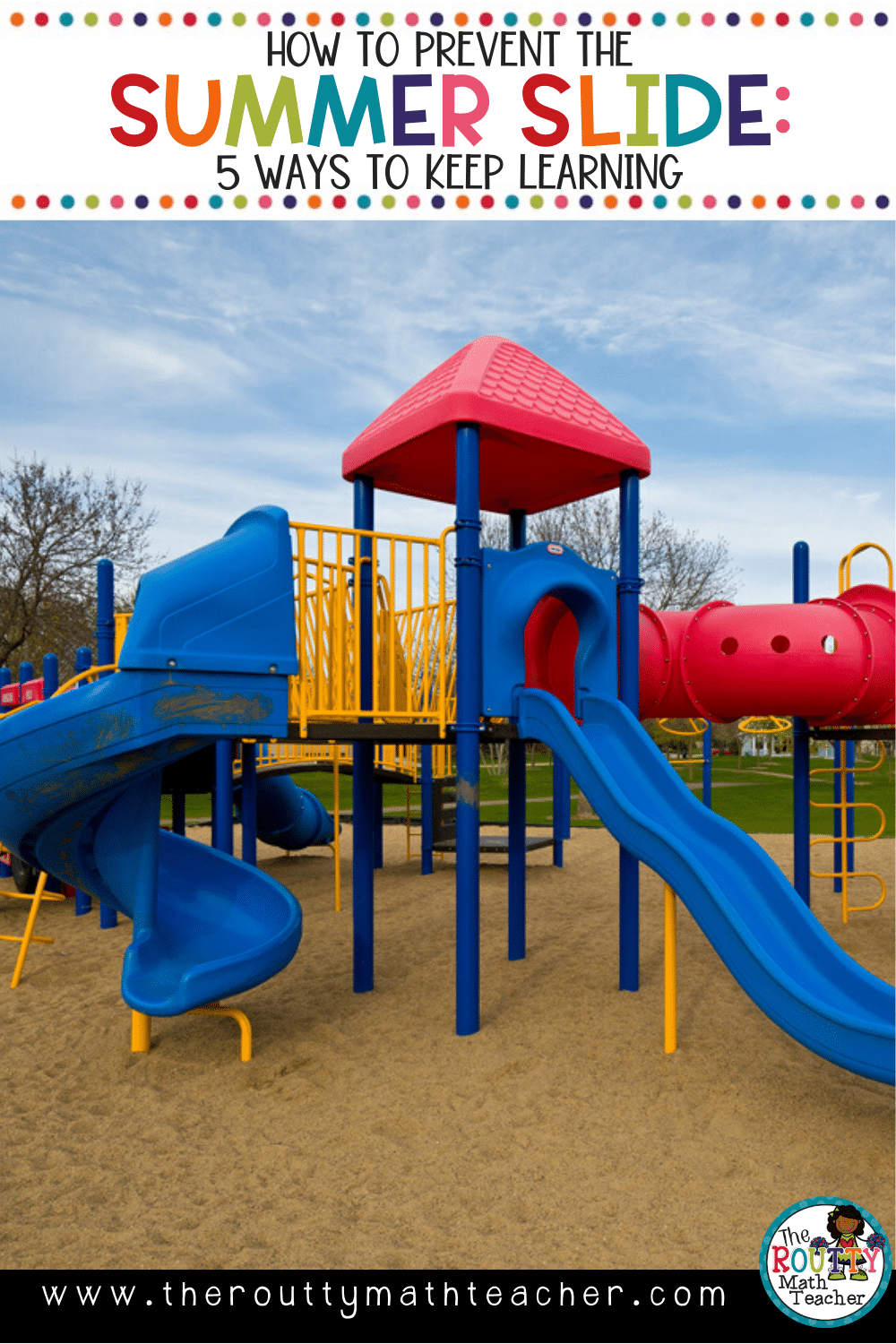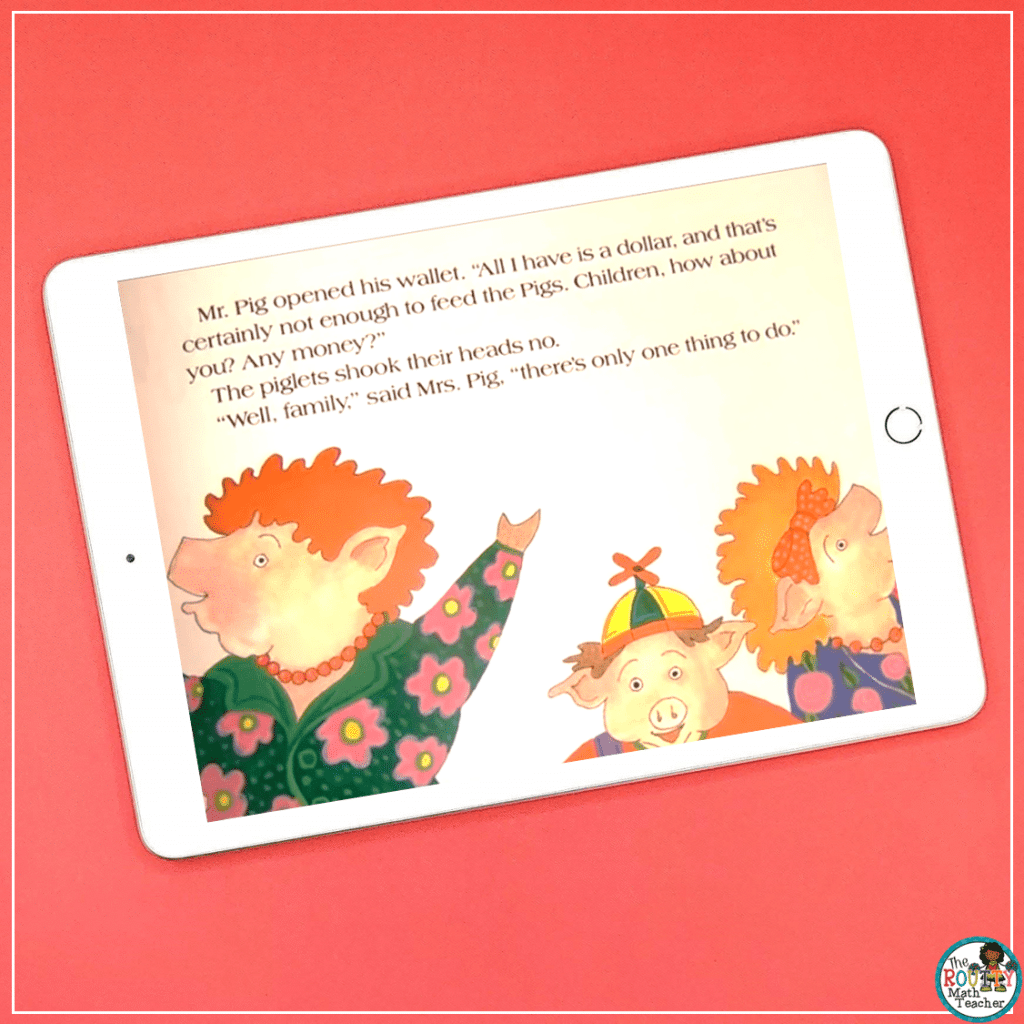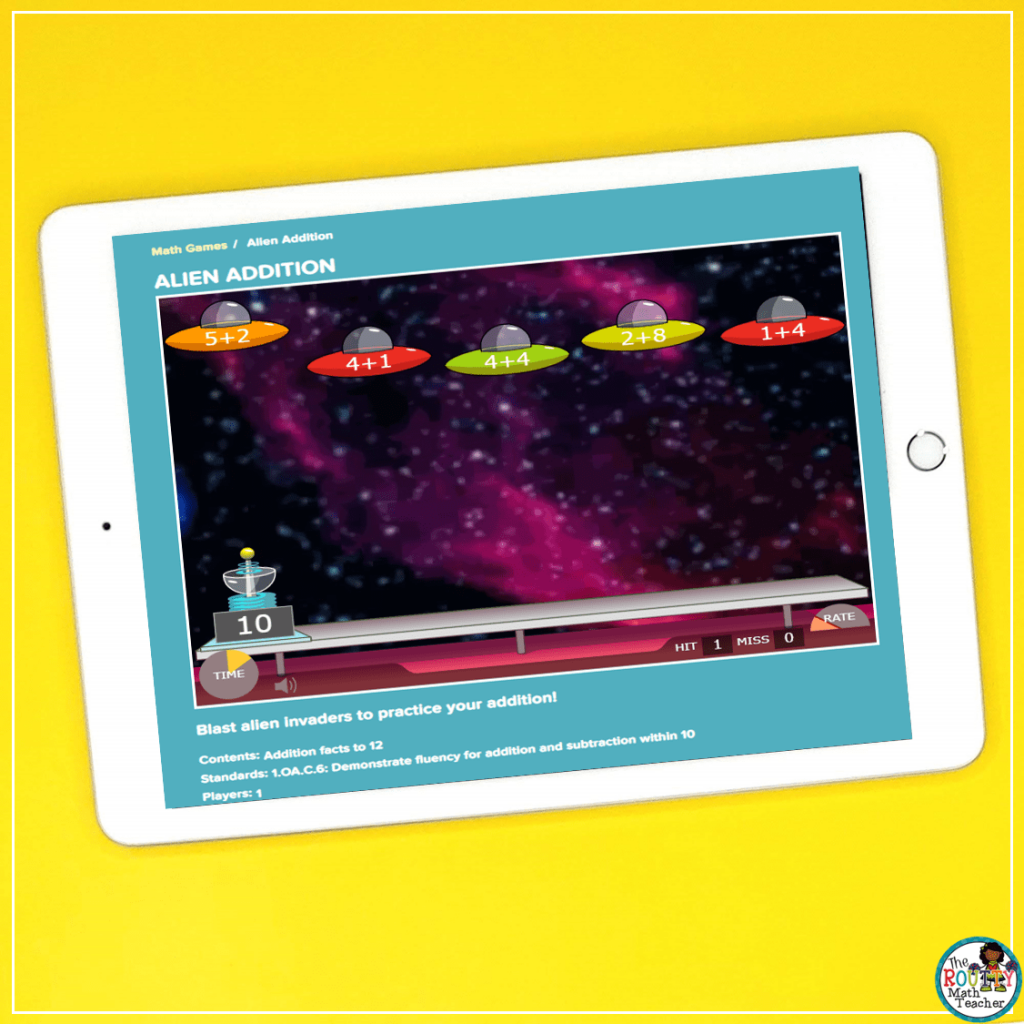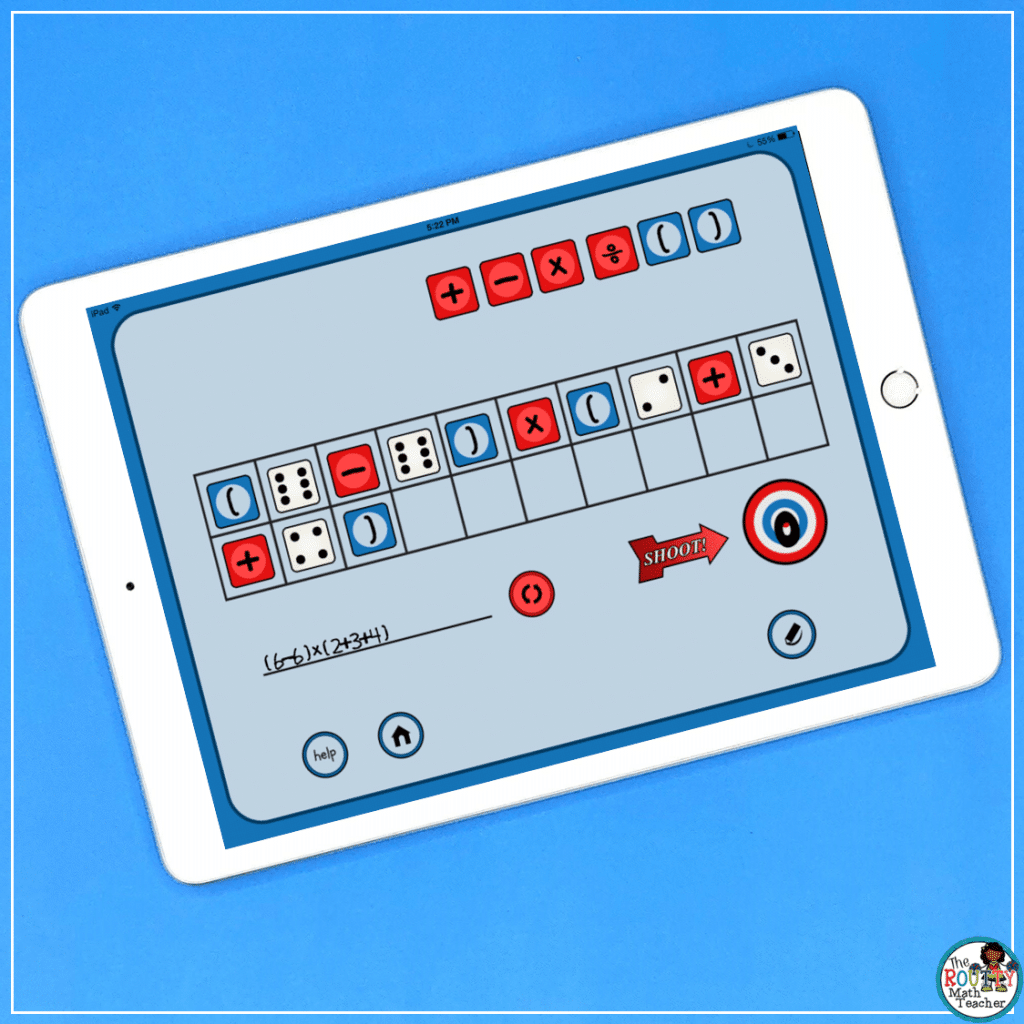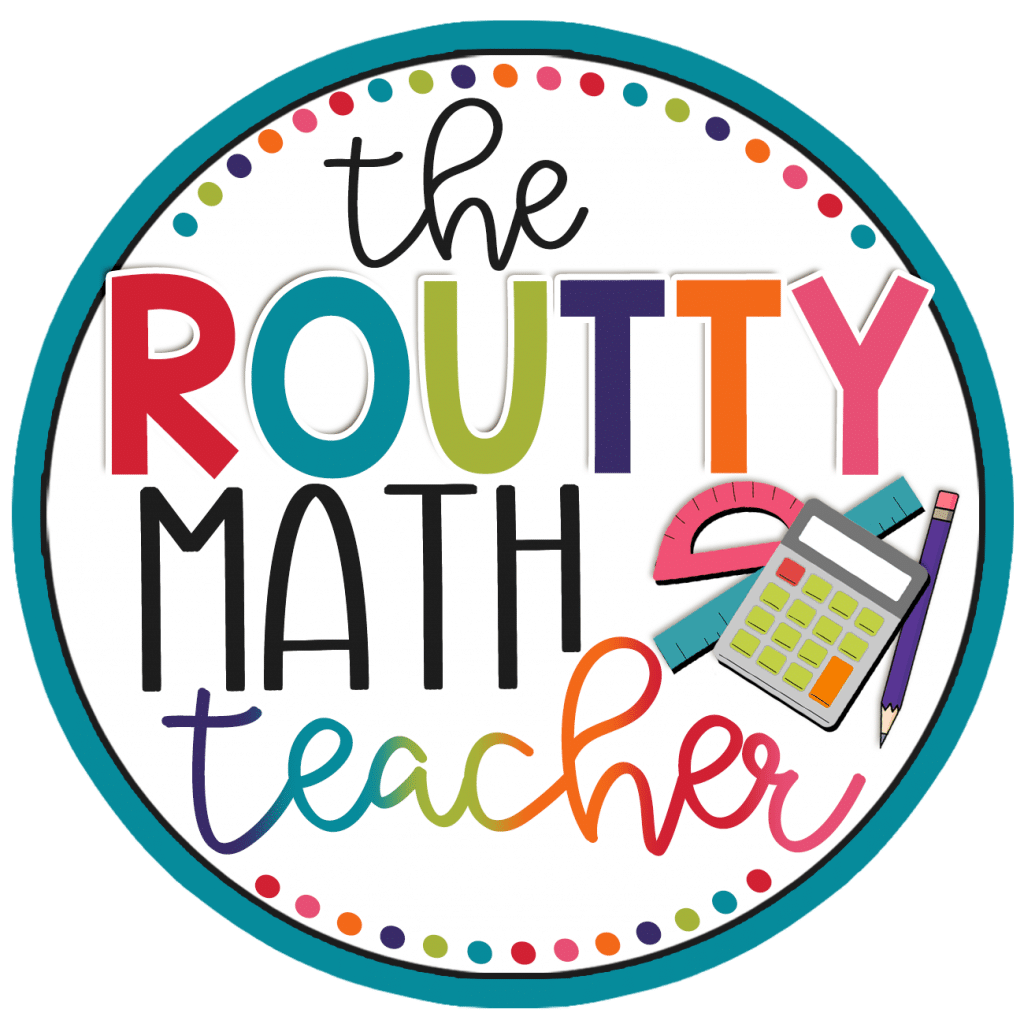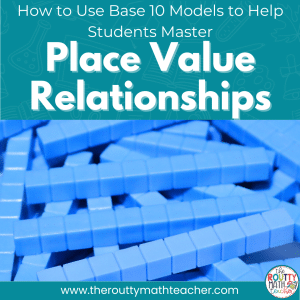
Summer Slide: 5 Strategies for Prevention
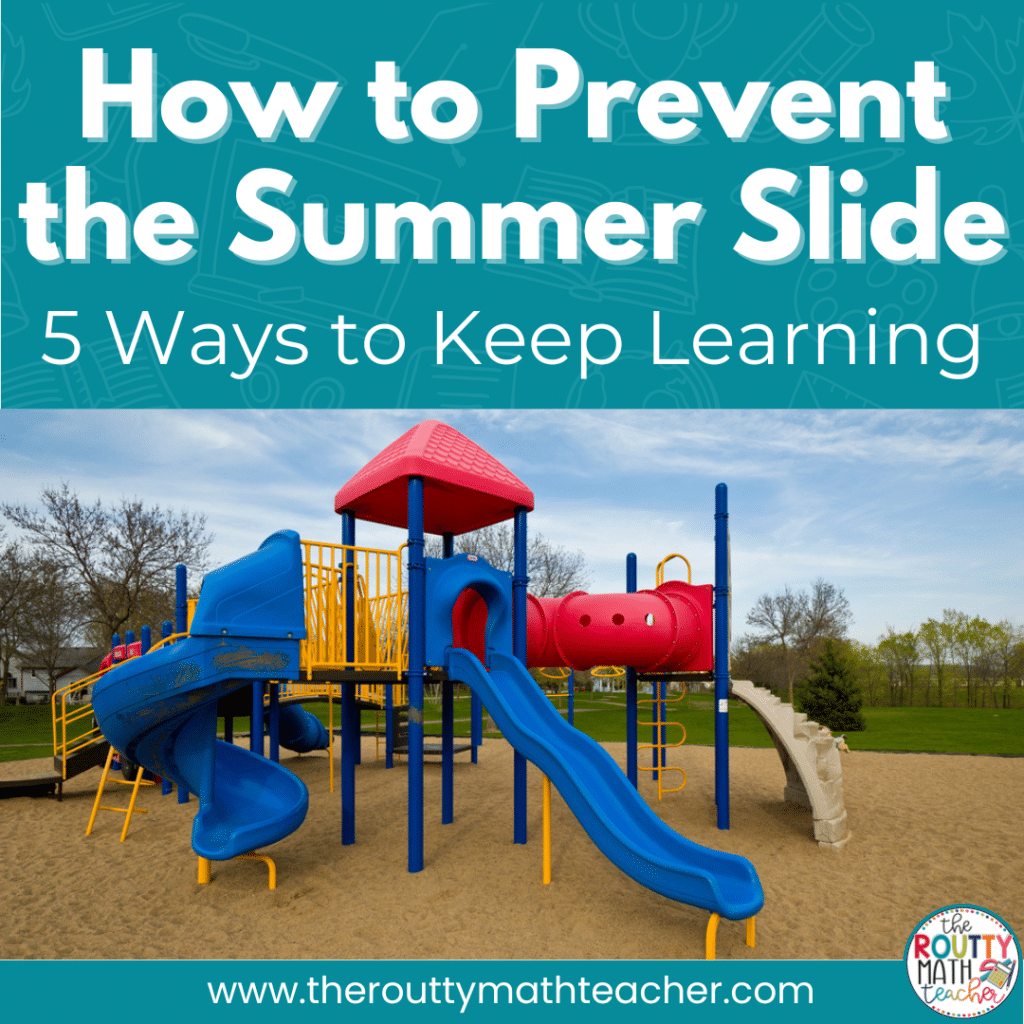
I pull out my kit and begin organizing my materials.
After a long sigh, I think, “only five more to go.”
I call Hannah over to my teacher table.
She sits down and I pull out my script to read the directions.
I step away from the table to give her time to read the text on her own.
After I return to the table, Hannah begins to read.
I listen closely, take notes, and collect data as she reads.
Then I ask the comprehension questions.
Hannah returns to her seat.
I pull out my calculator and begin analyzing the data.
I highlight Hannah’s name on my roster and massage my temples.
Another one . . . ended on an S and starting on a Q.
How does that happen?
—
The excitement and anticipation of lazy days and fun with friends and family often comes with an unanticipated side effect– the summer slide. This is the term used to describe what happens to many of our students over summer vacation.
They “slide” back a bit from where they ended the school year and we must spend time during the new school year to recoup this learning.
We often see it when students drop multiple reading levels between May and September, but it happens in math too.
Students often return to us rusty on their math facts and missing prerequisite content and skills.
This knowledge is important to help students master grade-level content and skills, so we have to spend time reteaching this material– valuable time we don’t have to spare.
How Can We Prevent Summer Slide?
Many teachers prepare packets of summer enrichment and practice tasks to help students retain the content they learned; however, this can often become boring and routine. Additionally, math packets can only last for so long.
But, summer learning doesn’t have to be boring. We can help students stay engaged at home and connected to math in the real world– the best way to learn.
Summer Slide Prevention Strategies
1. Read Math Picture Books
A great way to emphasize reading skills, as well as, math skills is to engage students with a math picture book. There are a plethora of picture books available that are skill-based and fun to read at the same time. Consider Amy Axelrod’s or Stuart Murphy’s series of math picture books. You can find them on Amazon.
* The image above is a screenshot of a YouTube reading of Pigs Will Be Pigs by Amy Axelrod.
2. Play Math Games
From card and dice games to board games to online math games, games provide a variety of methods for reviewing grade-level content and skills. You can find games at educational resource stores or on the web. While board games are usually more skill-based and fun for kids, you can do a lot with simple cards, dice, and/or dominoes. Online math games can be a bit more complicated, but students love them and keep them engaged for hours.
Need ideas? Snag a copy of links to some of my favorite resources using the form at the bottom of this post. You can also grab a free copy of my Cover Up! Mental Math Games Pack— just add dice.
3. Practice Math Facts
One of the biggest complaints I hear from math teachers is that their students do not know their math facts. The summer provides a great opportunity for students to become more proficient with them. Flashcard games are great for road trips and airplane travel. My personal favorite flashcard tool is actually a handheld device called a Math Shark. It includes fact practice for specific numbers or mixed practice and practice for computations with larger numbers. It even includes work with fractions and decimals. This tool has been a hit for my students for years!
You can also find math fact practice via web games. Check out Cool Math 4 Kids to get you started!
* The image above is a screenshot of Alien Addition from CoolMath4Kids.
4. Explore Math in the Real-World
Recognizing math in the real-world is an excellent way to reinforce math skills and help make real-world connections at the same time. Even cooking a meal together can be a great lesson all in itself! Students can also help plan family trips, create a budget for activities like going to the movie theatre, or compare prices at the grocery store.
5. Download Math Apps for Tablets
Many of our students have access to tablets and other mobile devices at home, so keeping them engaged with math apps is a “no brainer.” Since handheld devices are transportable, using math apps gives students something to do when traveling, visiting grandparents, or simply riding in the car while adult family members are running errands– they provide instant opportunities for engagement.
A quick Google search will generate a variety of apps covering a wide range of skills. Check out the individual app links below for ideas to get started or download a guide to using these apps here.
* The image above is a screenshot of the 5 Dice Math Games app.
During these last few days or weeks of school, consider sharing some or all of these ideas with parents so that they can help prevent summer slide and enjoy some additional quality time with their students.
Sound Off!
What are some ways you help students prevent summer slide? Respond in the comments below.
Credits:
iPad Mocks by Coffee Beans and Children’s Dreams
